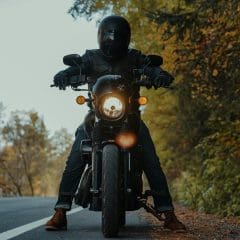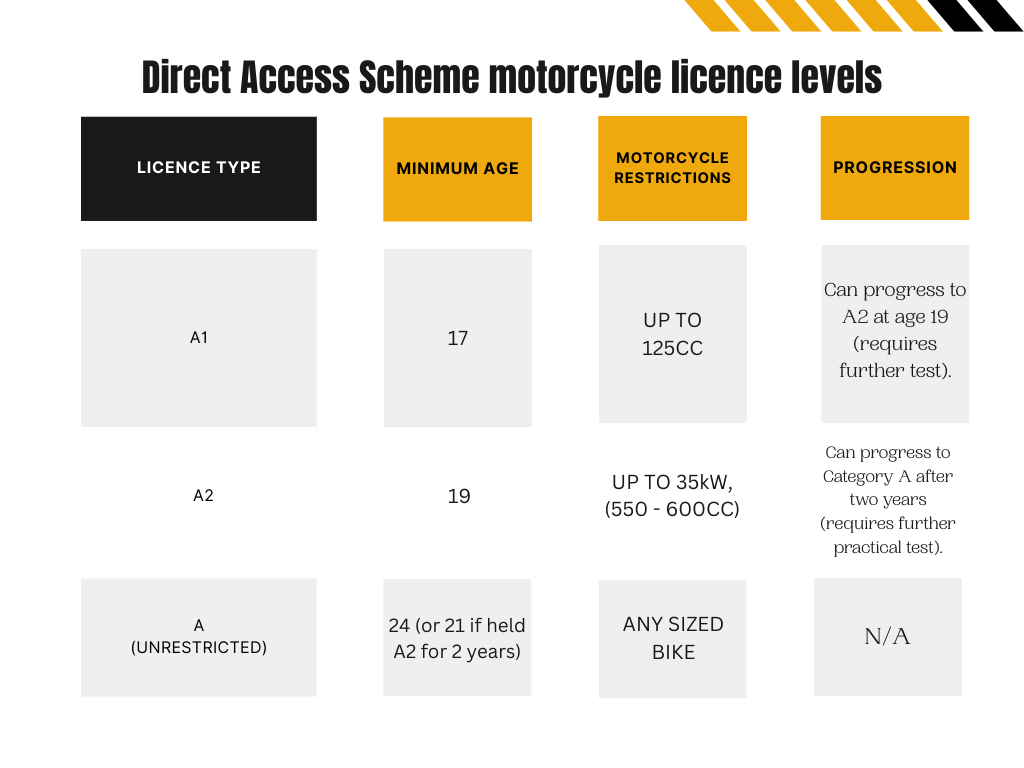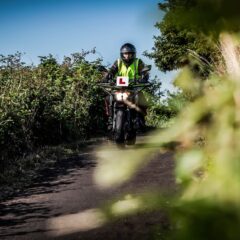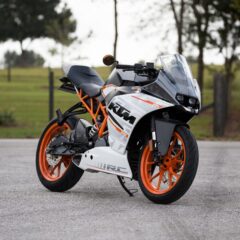
7 Top Motorcycle Accessories
With Christmas just around the corner, you might be wondering what to get your favourite motorcycle enthusiast or even a little something for yoursel...
 Phoenix Motorcycle Training LTD
Phoenix Motorcycle Training LTD
 Phoenix Motorcycle Training LTD
Phoenix Motorcycle Training LTD

Do you dream of whizzing past other traffic on two wheels? You can answer the call to two-wheeled adventure as early as your sixteenth birthday. In the UK, the dream of riding a motorcycle starts with the right training. Navigating the world of motorcycle training programs can seem a little daunting. Especially with terms like CBT, DAS, MOD1, and MOD2 floating around.
But we’ve got you! We’ll cover all the essential training options. Plus we’ll clearly map the different paths available for gaining the skills and legal elements for a two wheeled licence. That way, you can discover which route to a full motorcycle licence is the perfect fit for you.
It’s more than simply leaning into the sheer thrill of riding. A structured motorcycle training program is necessary for a few simple reasons.
Firstly, and most importantly, it’s about safety. Plus, it’s a legal requirement to ride on UK roads. Professional instructors know how to take you through all the necessary training stages to get a licence. You’ll learn essential aspects of bike control, hazard perception, and defensive riding strategies – knowledge that could be life-saving.
Quality training is about skill development. That development is best built in stages. That’s because it creates a firm foundation of motorcycle knowledge and techniques supporting you through all sorts of riding conditions. Learning basic manoeuvres through to dealing with different road conditions works better with a structured approach.
Finally, motorcycle training plays a vital role in confidence building. As you progress through the modules and master new skills under the guidance of experienced professionals, your confidence grows. Greater confidence translates to a more enjoyable and safer riding experience.
You’ll learn from qualified motorcycle training instructors at a motorcycle training school that’s become an Approved Training Body (ATB), but the DVSA dictates what you learn. And the order you need to learn it. That’s to make sure you’ll achieve a minimum level of competence and safety before being let loose on public roads.
Everything from your Compulsory Basic Training (CBT) to the practical tests (MOD1 and MOD2) meet strict requirements. The DVSA approves and monitors all ATBs to make sure they’re working to the correct guidelines, training students thoroughly, and helping to maintain safety for everyone on our roads.
If you passed your car driving test before 1 February 2001 and only want to ride a 50cc scooter, you can skip the CBT. Otherwise a CBT course is the first step to getting comfortable on two wheels.
You need a valid UK driving licence and appropriate riding gear, including a helmet, sturdy boots, gloves, and suitable clothing. We provide all your safety gear—except boots. We’ll remind you about what you need via email when you book your course.
So, what does the CBT involve? It’s a structured one-day program covering five key elements. Depending on your experience, it can sometimes take longer. This is what you can expect:
Once you’ve got your CBT certificate you can ride unsupervised on public roads. You’ll need to display L plates (or D plates if you’re in Wales), and you can’t carry passengers, or ride on motorways. It’s valid for two years. If you don’t pass your full motorcycle test within those two years, you’ll need to re-take the CBT to continue riding on the road.
If you’re eager to ride larger, more powerful motorcycles without restrictions, the fastest route is through the Direct Access Scheme (DAS). This motorcycle training program lets you train and test on the largest capacity motorcycle for your age.
Your age determines the category of full licence you can access through DAS. There are three main categories:

DAS Training is tailored to your experience level. For those new to motorcycles, a comprehensive full motorcycle licence training course is the best option. Our smaller class sizes mean you’ll benefit from tailored instructor tuition.
For off-road riders or experienced riders returning to biking, a fast track training option might be better. These intensive courses run over consecutive days. This lets you quickly brush up on your skills and finish with taking your licensing tests by the end of the week.
Regardless of the course type, DAS training will prepare you for two practical tests:
Successfully completing both the MOD1 and MOD2 tests on a 650CC or larger bike is the final step in your motorcycle license progression, granting you a full unestricted motorcycle licence. This allows you to ride the highest power of motorcycle for your age without L plates or passenger restrictions, opening up a whole new world of riding possibilities.
While the CBT and DAS are the primary pathways to getting on the road, there are other motorcycle training options and important considerations for riders at different stages of their journey.
The type of motorcycle training you choose will depend on your individual circumstances, including your age, prior riding experience (if any), and your goals for riding.
Understanding the costs and time commitment involved is an important factor when choosing UK motorcycle training programs. The overall expense is influenced by your location, the specific training school you choose, the duration of the course required to reach the necessary standard. Of course, if you need to hire a motorcycle for training and testing, that’s an extra cost.
Here’s what you can expect:
Remember that these are Phoenix Motorcycle Training prices. If you’re not training with us, it’s wise to get detailed quotes from other DVSA-approved training schools. That way, you’ll understand their specific costs and timeframes.
Choosing the motorcycle training programs that are right for you is your first step to safely and legally enjoy UK roads. Research local, DVSA-approved schools, consider your needs, and book your course. With the right training, the freedom and joy of riding await you.

With Christmas just around the corner, you might be wondering what to get your favourite motorcycle enthusiast or even a little something for yoursel...

If you love motorcycle riding, you’ve probably daydreamed about riding a motorbike for a living. A professional racer or stunt rider is OK for some...

Getting a UK motorcycle licence can seem a complicated process. Particularly when compared to a driving licence for a car. Whether you choose the pro...
This website uses cookies to personalise content, ads, and analyse traffic, sharing data with partners who may combine it with other information. See our Privacy Policy for more information.